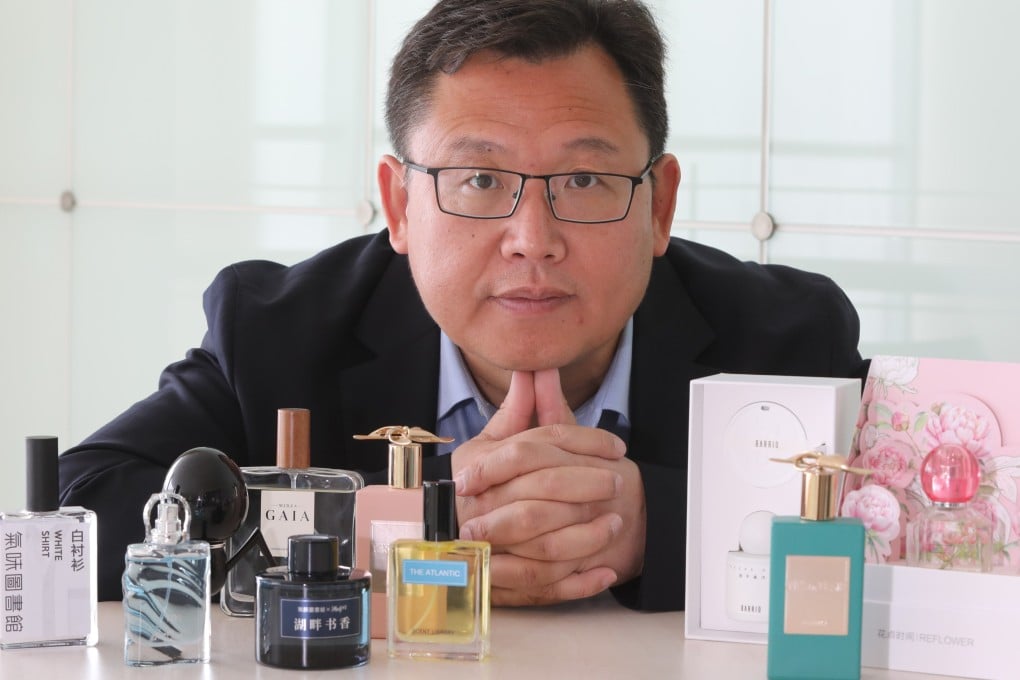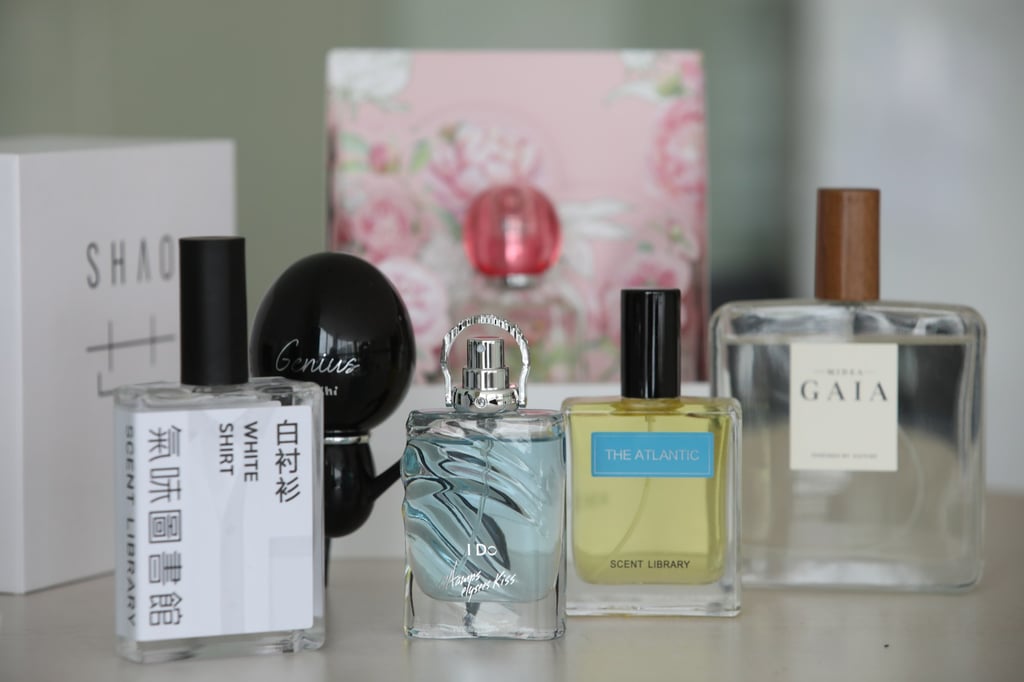‘Turning memories into beautiful moments’: Chinese perfumer on the art and science of creating fragrances
- David Huang Ganjun worked in a soap factory, learned two languages and studied in France to become a ‘nose’ who’s in demand to create China-brand fragrances
- He and his team at French company Robertet face challenges such as evoking a city’s spirit in a perfume; he sees an opportunity for personalised perfume

For David Huang Ganjun, the path to becoming a world-class perfumer was one littered with obstacles. He worked in a detergent factory, learned two languages and beat off competition to enter a top French scent-training institution, funded by a loan from a soldier pal.
Huang, from the Chinese city of Luoyang, is nothing if not determined and his perseverance paid off. Three decades after beginning his studies, he heads the China operations of French company Robertet, a fragrance and flavour manufacturer with 170 years of history.
A trailblazer, he has never been busier. He is in charge of a team in huge demand to create China-brand fragrances that have local resonance. The Robertet team also formulates fragrances for diffusers, detergents, shampoos and skin creams that appeal to Chinese olfactory sensibilities.

“When you create a perfume, communication is the difficult part; you have to interpret the note in the client’s head. When clients tell me they like a scent it is very satisfying, that is a good feeling.”